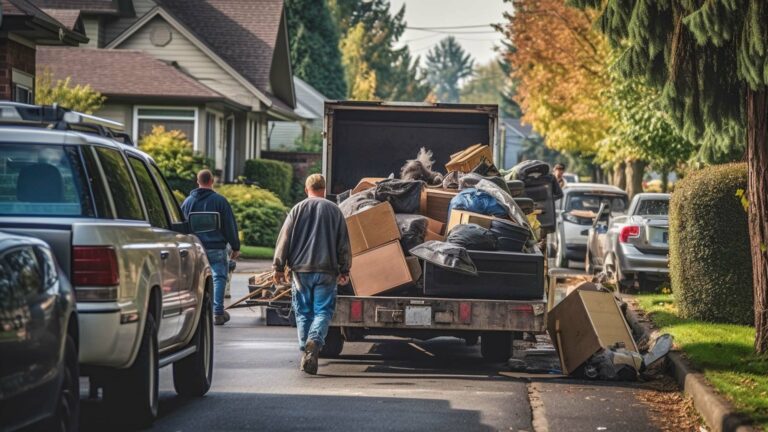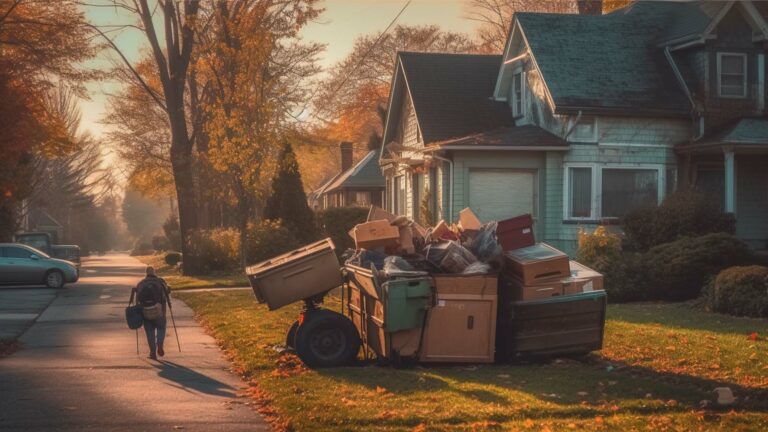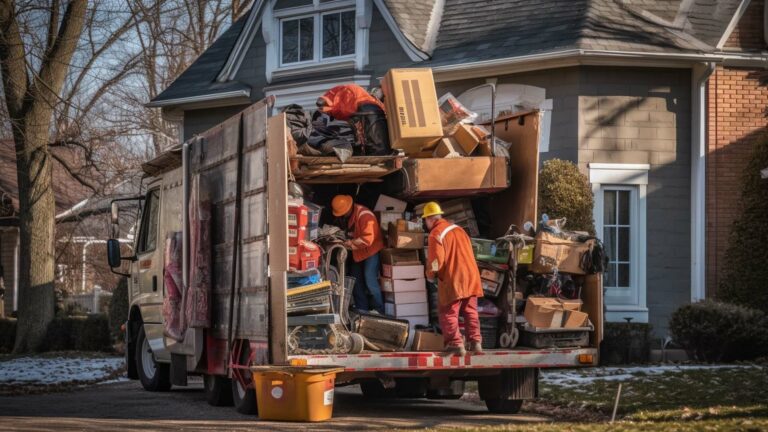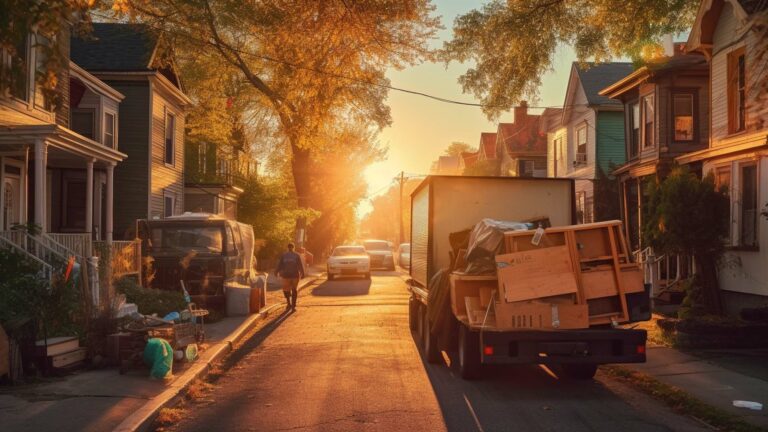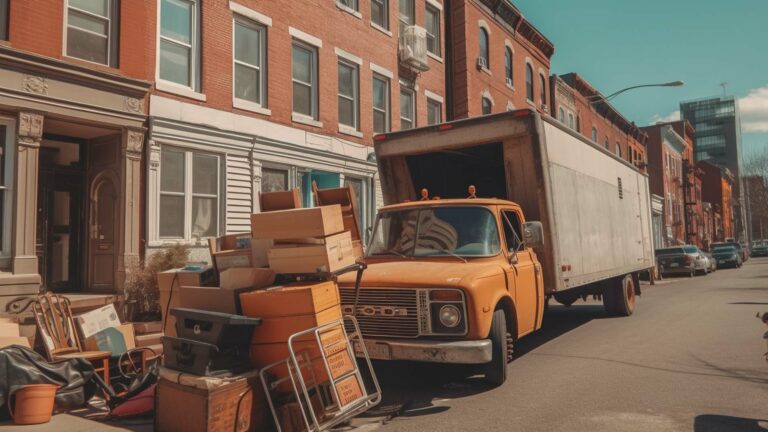Find Junk Removal Companies in Kansas
Browse Kansas by city.
About Kansas
Kansas is a state in the Midwestern region of the United States. Kansas is a landlocked state which borders Nebraska to the north; Missouri to the east; Oklahoma to the south; and Colorado to the west. Kansas is named after the Kansas River, in turn named after the Kansa people. Its capital is Topeka, and its most populous city is Wichita, however the largest urban area is the bi-state Kansas City, MO–KS metropolitan area.


